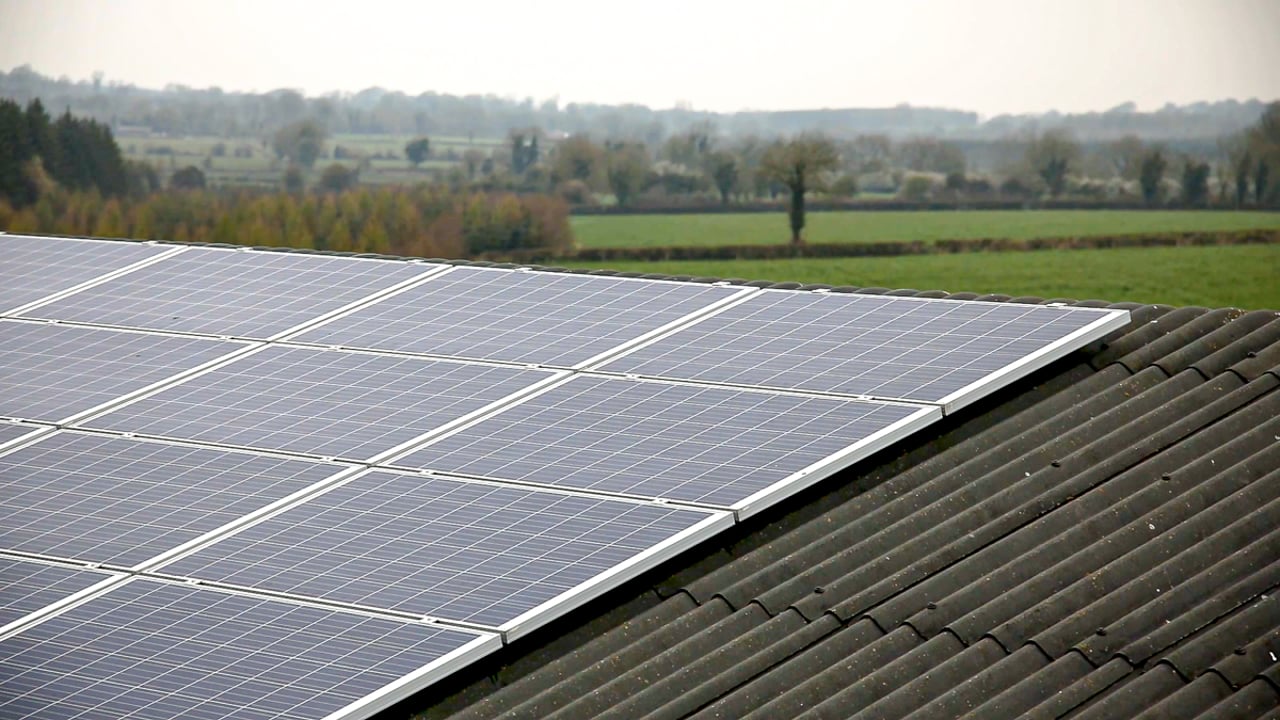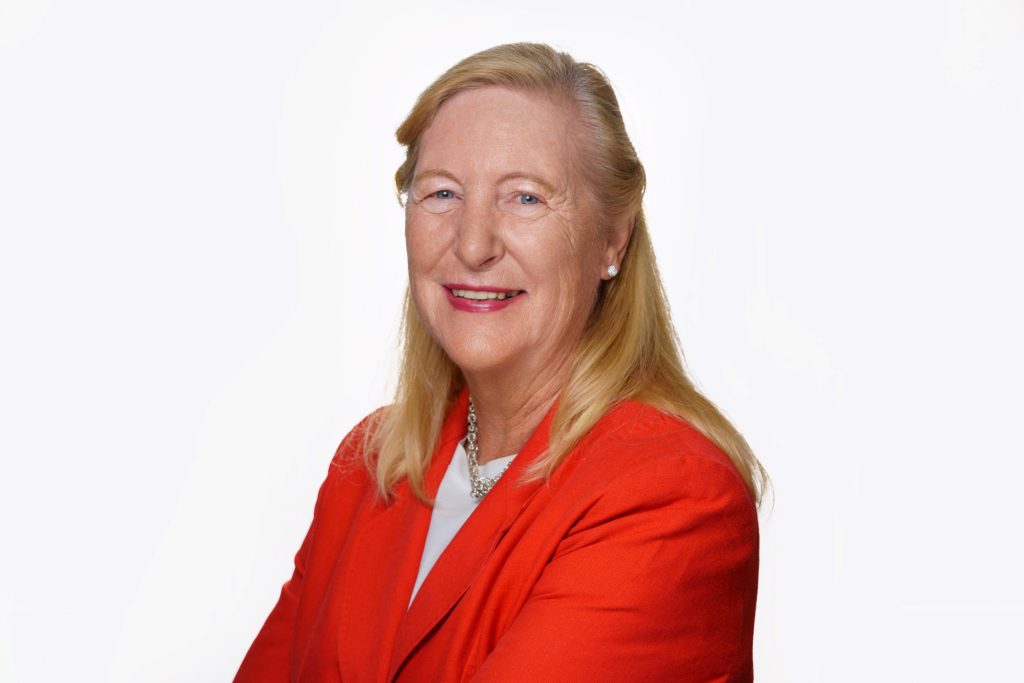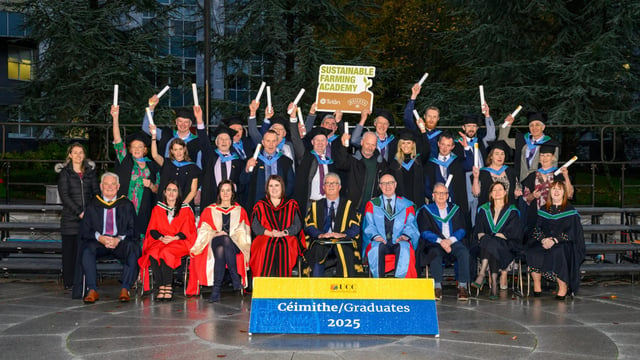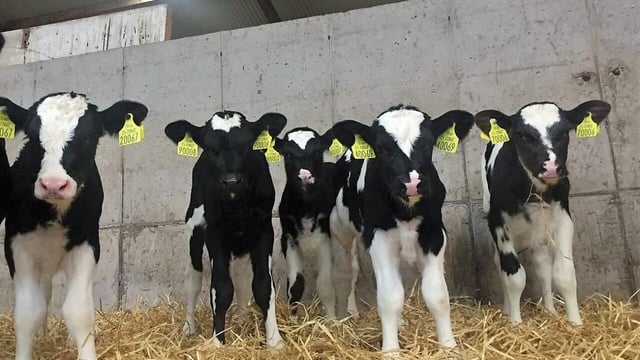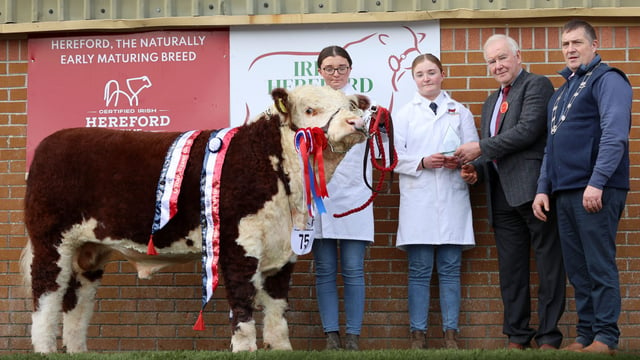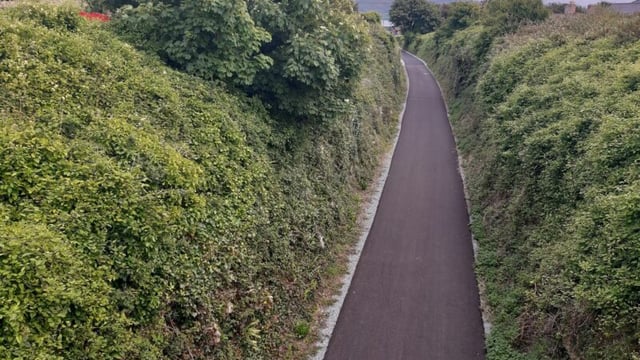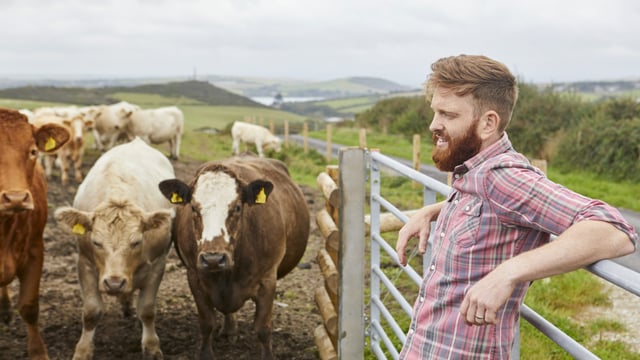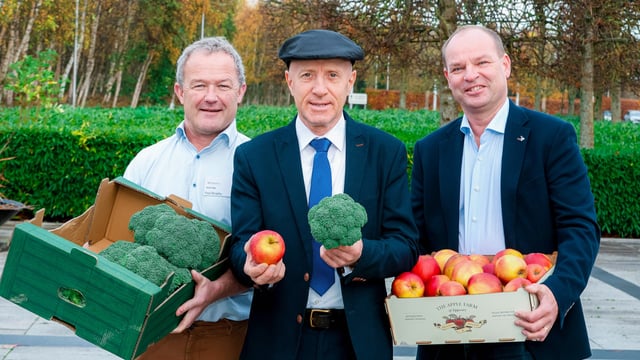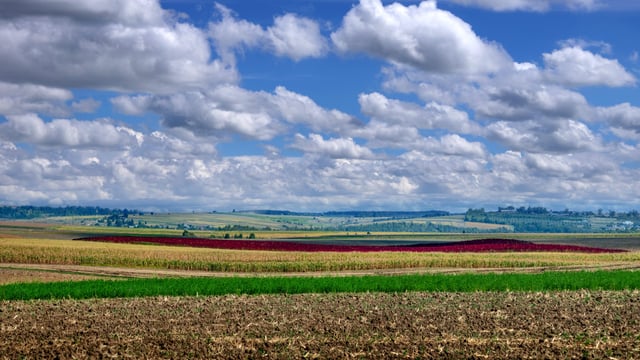Climate change council warns against possible TAMS limits
The Climate Change Advisory Council (CCAC) said the possibility of placing limits on the Targeted Agriculture Modernisation Scheme (TAMS) is "a cause for concern".
In June, Minister for Agriculture, Food and the Marine, Martin Heydon said that due to the success of the scheme, which has a defined budgetary allocation, it may be necessary to introduce ranking and selection criteria for future tranches.
TAMS offers 60% grant support for on-farm solar PV panels and infrastructure.
TAMS
The CCAC Annual Review 2025 published today (Thursday, November 13) said that if TAMS limits were implemented, "this will introduce additional administrative burdens for farmers that are likely to serve as a barrier to participation".
"Furthermore, any reduction in available grants is likely to undermine the ability of farming households and the agriculture sector to meet emissions reduction targets, further increasing the risk of EU compliance costs for Ireland," the report said.
The council urged the government "to increase budget allocations to this critical growth area at this time and to work towards the maximum levels of coherence across all funding agencies in order to ensure that the greatest possible impact on lowering emissions is achieved".
Under Budget 2026, €88 million was allocated to the TAMS capital investment scheme for next year.
"There continues to be significant farmer demand for this scheme with over 6,100 applications to the most recent tranche and this increased allocation of €88 million will require careful management," Minister Heydon said at the time.
CCAC
In the review, the CCAC also warned that Ireland remains "substantiallyoff track" in meeting its EU and national emissions reduction targets by 2030.
Ireland has failed to achieve the targeted emission reductions during the first Carbon Budget period (2021-2025).
Instead of the maximum emissions of 295 million tonnes of carbon dioxide equivalent (Mt CO2eq) set out in the carbon budget to 2025, this will be overshot by about 10 Mt CO2eq.
The council said that progress in the agriculture and transport sectors, which collectively account for approximately 55% of Irish emissions, is "proving particularly slow and challenging".
It urges the government "to move from ambitious statements to implementing impactful and demonstrable actions that build momentum and public buy-in".
The council once again called out transport, where it said "emissions remain stubbornly high".
It recommended increased expenditure on public transport, increased grants for less expensive electric vehicles (EVs) and the rapid implementation of a demand management strategy.
The CCAC warned that failure to meet targets will potentially result in substantial compliance costs for Ireland, estimated to be in the range of €8–26 billion.
In 2024, fossil fuel subsidies totalled €4.7 billion, while households paid €3.4 billion in environmental taxes.
"The net effect of these measures is that they are encouraging the increase rather than reduction of greenhouse gases (GHG) through the tax system," the report said.
The CCAC was also critical of the failure to transpose EU directives into national law fully and on time.
Carbon budget
Marie Donnelly, xhair of the Climate Change Advisory Council acknowledged that progress has been made in certain areas.
She pointed to the increased uptake of protected urea in agriculture and the growth in the development of renewable energy especially wind and solar.
"However, we need to redesign how we commute, heat homes, and power the economy.
"That means real investment in people, infrastructure, and communities, not more delay.
"We have the opportunity and the resources to transform Ireland, both in terms of reducing emissions and preparing for future climate events.
"We must act now because if we don’t, we will pay the financial and societal price by losing out on secure and affordable energy, a healthier and more sustainable society, both today, and for future generations," she said.

